Israelis see chance to remake Middle East in war’s wake
Despite criticism over conduct of Gaza war, some see new diplomatic opportunities.
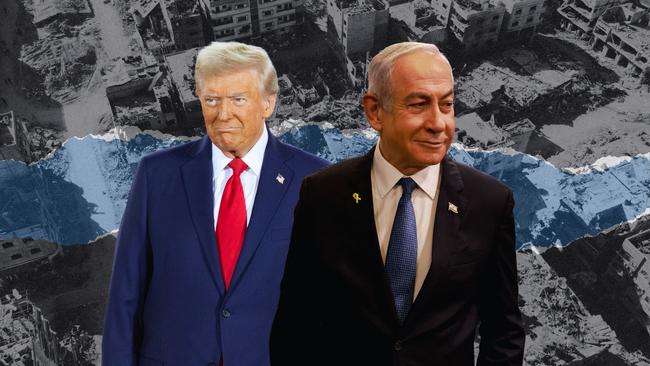
Since the Hamas attacks on Oct. 7, 2023, Israel has dealt a series of damaging setbacks to its most dangerous regional adversaries. It has hobbled Hamas in Gaza, severely damaged Shiite militia Hezbollah in Lebanon and fended off missile salvos from Tehran while landing its own blows in Iran.
Israel’s military operations — especially its conduct of the war in Gaza, where local authorities say more than 40,000 Palestinians have died — have hurt the country’s international standing. The International Criminal Court has issued arrest warrants for its prime minister and former defence minister.
But Israel’s leaders say the military gains are worth the trade-off in reputational damage and argue that the country’s stronger strategic position opens the door for diplomatic gains in the future as Arab countries look for partners to keep Iranian power at bay.
“For the first time in the history of Zionism, there is an opportunity for Israel to be a regional power,” said Avner Golov, a former senior director at Israel’s National Security Council, who is now a vice president at MIND Israel, which advises governments on national security.
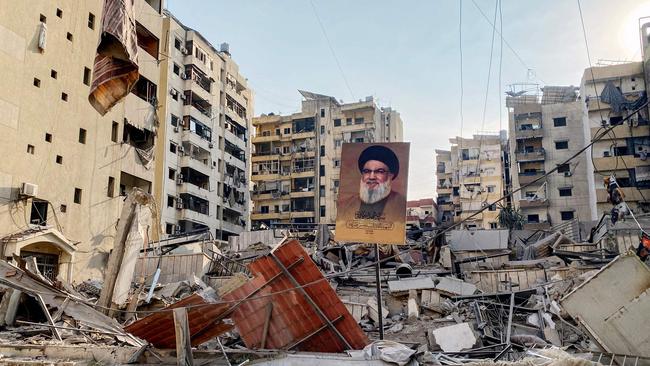
It won’t be an easy feat to pull off, especially as public opinion across the Arab world has soured on Israel because of the Gaza war. But with the world’s eyes focused on the horrors emerging from the wreckage of the Assad regime and a Gaza ceasefire potentially on the horizon, Israel might be in a position to repair its international image and diplomatic standing.
Current and former Israeli officials are pushing for aggressive steps to build an Israeli, American and moderate Arab alliance that includes Saudi Arabia and is aimed at checking Iran’s influence. The re-election of Donald Trump, who confronted Iran in his first term and is returning to the presidency next month, has raised hopes for such an alliance, said Golov.
The Gaza war set in motion a sequence of events that has helped lay the groundwork, said Danny Danon, Israel’s ambassador to the United Nations. Israel has weakened Iran by largely incapacitating its military allies Hamas in Gaza and Hezbollah in Lebanon. Those successes triggered the recent fall of the Assad regime in Syria, a key Tehran ally. Israel has also decimated Iran’s air defences in two rounds of tit-for-tat air strikes, leaving Tehran vulnerable in any future confrontation.
“We expect our determination and strength shown over the past year will lead to more regional stability,” said Danon.
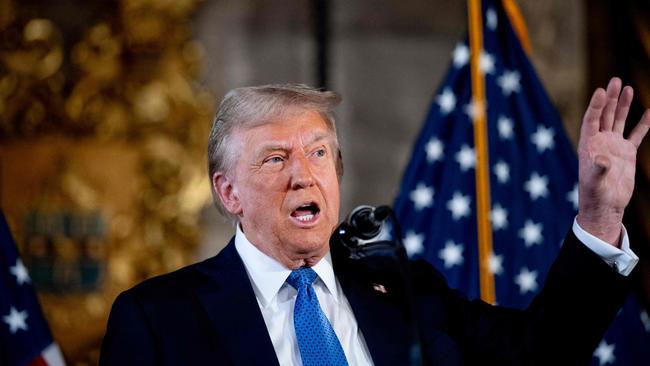
Sharpen Haskel, Israel’s deputy foreign minister, said that, because Israel is on the front lines and has shown its military prowess, “many more countries are realising that we need to work together in collaboration.” Deepened ties, including normalisation with Saudi Arabia, would further isolate Iran, she said.
The two countries were close to such a pact before the war, but Riyadh has since become highly critical of Israel’s actions in Gaza and elsewhere. Yet the kingdom has retained its pre-war stance that normalisation is possible if Israel agrees to resolve the issue of Palestinian statehood.
Israelis overwhelmingly oppose a Palestinian state now, but Israel could give Palestinians a clear road map to self-governance in Gaza and the West Bank, Golov said. It is unclear whether Saudi Arabia would accept such a compromise.
Israeli Prime Minister Benjamin Netanyahu would struggle to pass such measures with his current coalition, analysts say, because it relies on far-right parties who want to tighten rather than loosen Israeli control over the Palestinian territories. Netanyahu himself has stressed since the current war began that he would oppose a Palestinian state.
Netanyahu recently told The Wall Street Journal that there is optimism for normalisation with Saudi Arabia once Israel secures a deal to release hostages held by Hamas in Gaza and pause the fighting there.
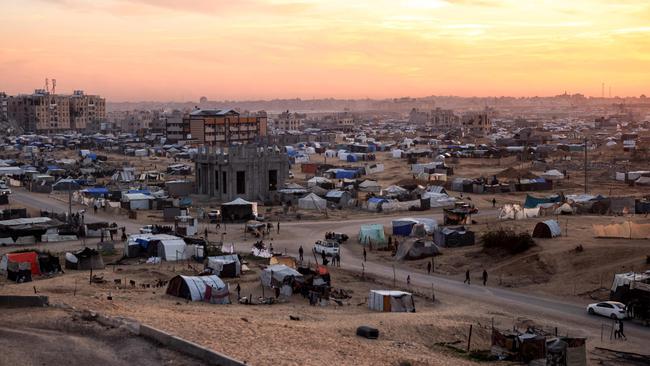
Not everyone agrees Israel’s military achievements have made itself or the region safer, and there are risks that the war’s trade-off could still prove costly to Israel.
The widely televised devastation in the Gaza Strip and the rising death toll there have sowed the seeds for future conflicts between Israel and its neighbours, said Hussein Ibish, senior resident fellow at the Arab Gulf States Institute, a think tank in Washington.
Israel’s military victories, Ibish added, have created a situation in which it will need more soldiers to guard its borders with Lebanon, Syria and the Gaza Strip — as well as in the West Bank, which is partially occupied by Israel.
“It is really surrounded by bitter enemies who have much more reason to be bitter enemies today than they did on Oct. 7,” he said.
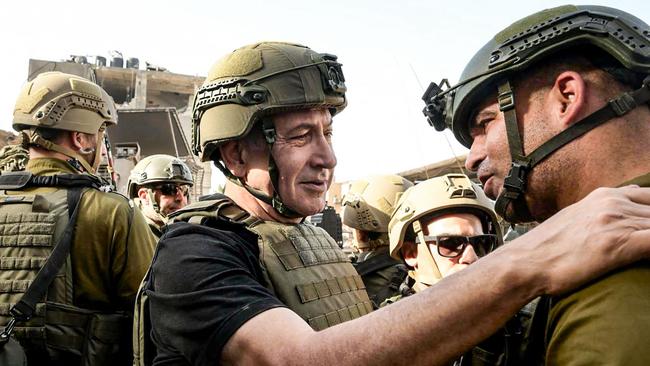
Across the Middle East and in many developing countries, meeting with Israeli leaders has become taboo, stifling future co-operation, said William Wechsler, senior director of Middle East programs at the Atlantic Council, a think tank in Washington.
Israel has faced diplomatic blowback in the past. Itamar Rabinovich, a former Israeli ambassador to the U.S. and adviser to several prime ministers, thinks it will wane. Israel is a magnet for such criticism today, he said, but that will decrease over time once the war ends.
“Israel enjoys massive unquestionable U.S. support not just because of the need to respond to a Hamas attack or Hezbollah, but the sense that there are important U.S. interests at stake,” said Rabinovich.
The current Middle East conflict, for example, has wider significance as Iran develops closer ties with Russia, which is in turn close to countries that are competing with the U.S. and its allies, Rabinovich said. “It’s not just a regional conflict, but a global one, against the Russia, China, North Korea coalition.” From the start of the war, one of the key questions for Israel in weighing the war’s trade-offs was whether it would have a free hand to pursue its military goals before the diplomatic consequences became overwhelming, said Micah Goodman, an Israeli author and philosopher.
“We needed to restore deterrence — and in order to restore deterrence, we needed to do things that reduce our legitimacy,” Goodman said. But on balance, he added, “I think Israel managed to pull it off.”
The Wall Street Journal

To join the conversation, please log in. Don't have an account? Register
Join the conversation, you are commenting as Logout